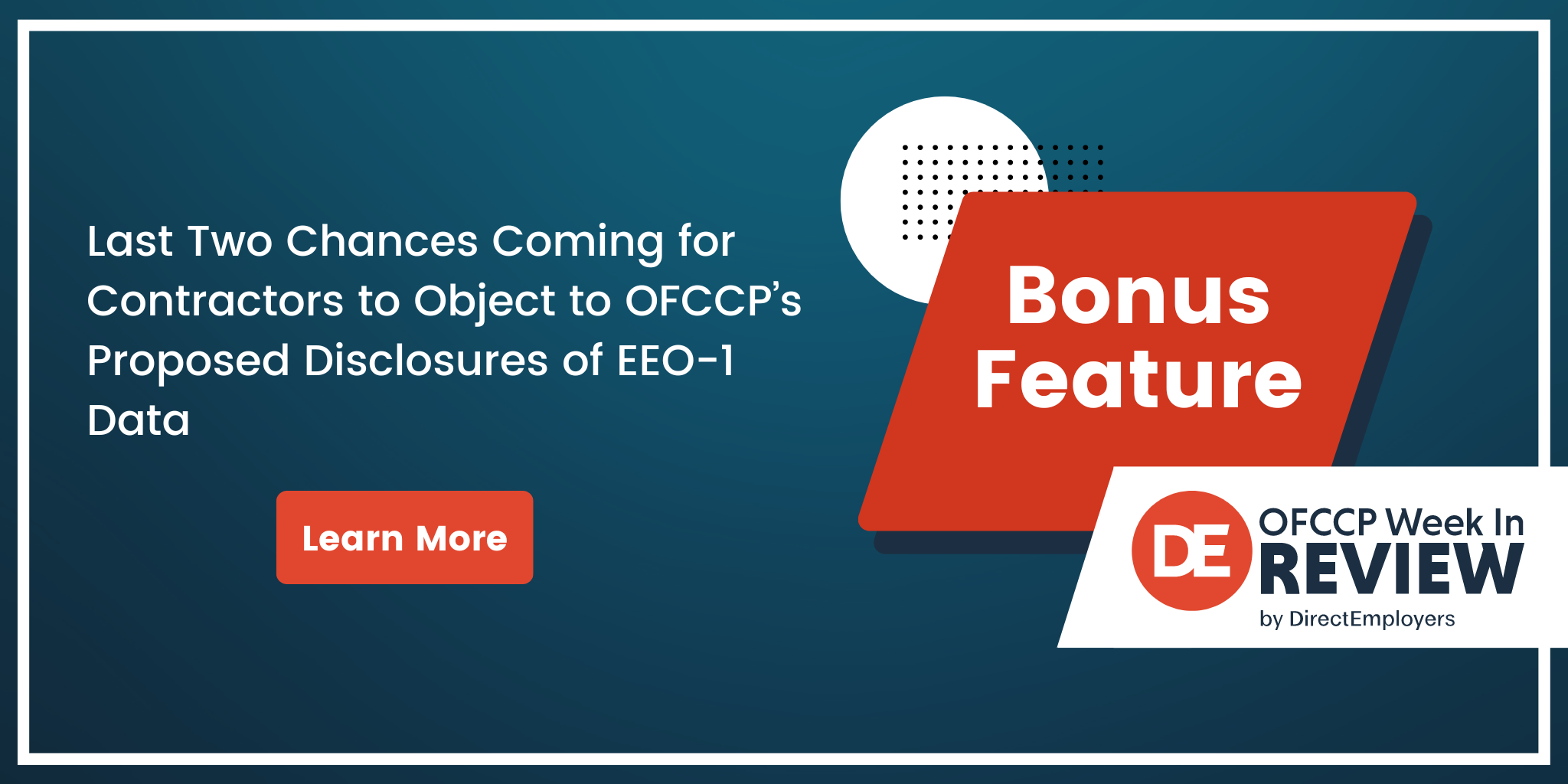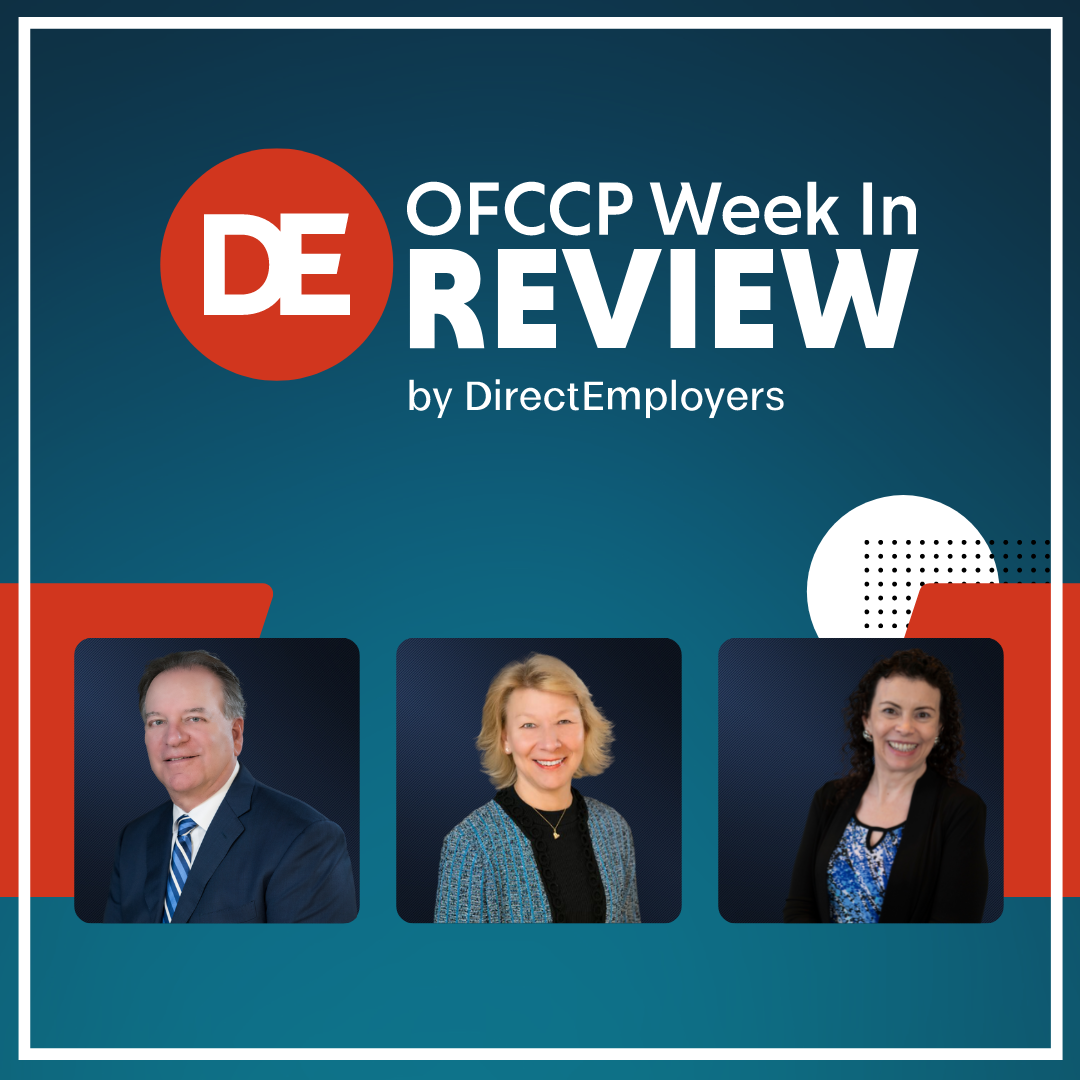
- NLRB Again Extended Reply Comment Period on Proposed Fair Choice and Employee Voice Rule
- Last Two Chances Coming for Contractors to Object to OFCCP’s Proposed Disclosures of EEO-1 Data
- U.S. Labor Secretary Walsh Announced Changes to Three Labor Appeals Boards
- Senate HELP Committee Advanced Gilbride Nomination for EEOC General Counsel, But Looman Nomination to Head WHD Hit Technical Snag
- U.S. Labor Secretary Walsh Finally Announced His Resignation Date
- President Biden Issued Executive Order on “Further Advancing Racial Equity and Support for Underserved Communities”
- Illinois Supreme Court Ruled Claims Under State’s Biometric Information Privacy Act Accrue with Each Scan or Transmission
- In Brief
- Looking Ahead: Upcoming Date Reminders
Monday, February 13, 2023: NLRB Again Extended Reply Comment Period on Proposed Fair Choice and Employee Voice Rule
Deadline for Reply Comments Now March 1
Board Noted Administrative Error in Online Public Comment Filing
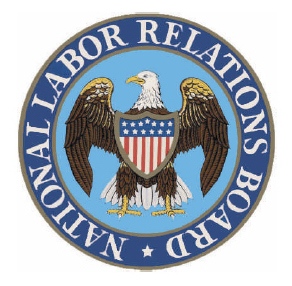
We reported in early November 2022 that the proposed Rule would rescind the current Final Rule adopted by the prior Board majority in 2020. Specifically, it would rescind and replace the 2020 amendments to the Board’s Rules governing “blocking charges” and the “voluntary-recognition bar doctrine” and rescind the amendment governing proof of majority support for labor organizations representing employees in the construction industry.
In late November, the Board extended the deadline for initial comments to February 2, 2023, with responsive comments due on February 16, 2023. In both the most recent press release and Federal Register notice, the NLRB explained that it extended the date to submit responsive comments to the initial comments due to an administrative error that occurred within the www.Regulations.gov website. That error inadvertently allowed six comments to be filed on a closed NLRB rulemaking docket from 2018. The Board reported that these comments have moved to the correct NPRM docket.
Tuesday, February 14, 2023: Last Two Chances Coming for Contractors to Object to OFCCP’s Proposed Disclosures of EEO-1 Data
Contractors Now Have Until March 3 to Respond to OFCCP’s Latest Proposed Disclosure List
Contractors Will Also Have One Last Quality Control Check of The Final List OFCCP Will Publish, it now says, March 17
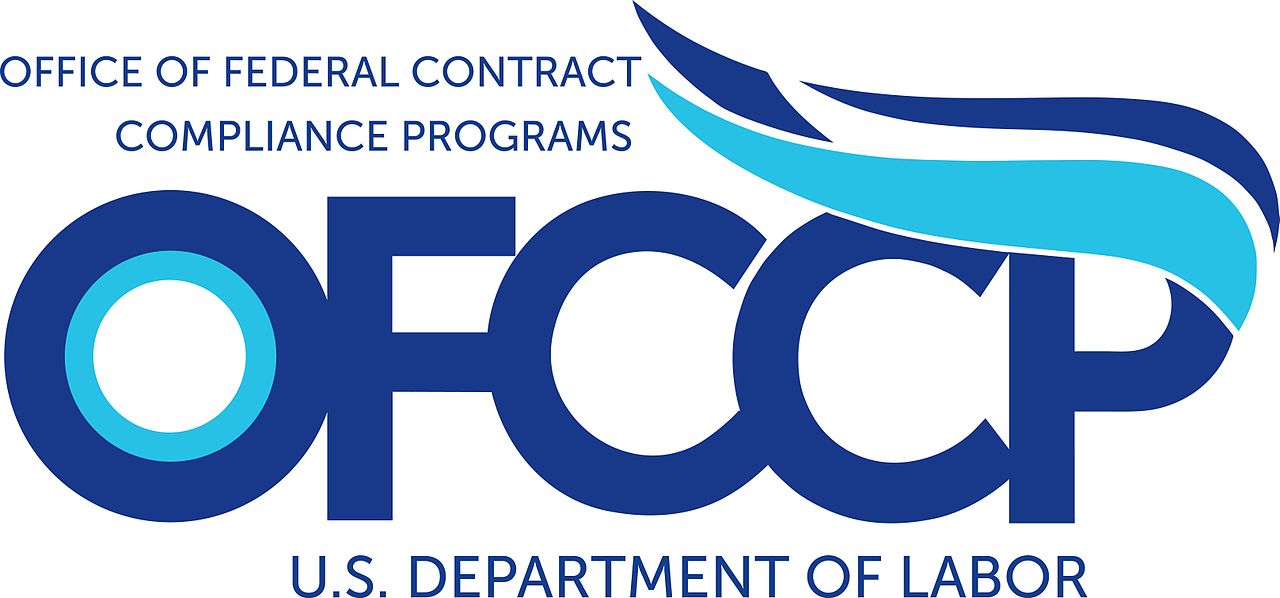
First, there are still lingering doubts that OFCCP has gotten the word out to the entirety of the approximately 20,000-strong covered federal Government contractor community that OFCCP is seeking their objection, if any, to the agency’s proposed release of EEO-1 Type 2 (consolidated) Reports for years 2016-2020 which contractors filed with OFCCP.
Second, OFCCP has not yet properly purified and finalized its so-called “Non-Objector Contractor List” naming the companies whose EEO-1 Reports OFCCP proposes to release in response to a reporter’s Freedom of Information Act (“FOIA”) request. The reporter works for the Center for Investigative Reporting (or “CIR”) located in northern California. The Center is not sure what it will do with the data once it gets it, but wants to “scrutinize the data” and report on federal contractor diversity as we reported here in late August 2022.
Amid the increasing hullabaloo and complaints of inadequate OFCCP Notice to the contractor community of the agency’s intent to collect objections to the release of contractor EEO-1 Reports, OFCCP has options to tamp out that “fire.” It would be prudent for the OFCCP to now publish a Federal Register Notice announcing its FINAL “Non-Objector Contractor List” just to be sure the agency has blanketed the covered federal Government contractor community with this expected action. Moreover, publication in the Federal Register creates a legal presumption of Notice to all in the United States and thus would immunize OFCCP from the complaint that contractors “did not know” that release of their EEO-1 data was at risk.
So, What’s New in This “Update”?
Tuesday, February 14, 2023: U.S. Labor Secretary Walsh Announced Changes to Three Labor Appeals Boards
These Appellate Bodies Now Go Avowedly “Political” and Lose Their Judicial Neutrality

“The actions will increase efficiency, ensure workplace justice and improve the quality of services provided to the nation’s workers and families.” (emphasis added)
Significantly, the Press Release made no reference to neutral enforcement of the laws USDOL enforces or of employers.
Ned Miltenberg Added to ARB (important to federal contractors OFCCP’s programs cover)
Under a longstanding Secretary of Labor delegation of authority, the ARB issues agency decisions after review or on appeal of matters arising under a wide range of worker protection laws, including OFCCP and whistleblower cases. The Board’s cases generally arise on appeal from decisions by USDOL’s Administrative Law Judges or determinations by the Administrator of the Department’s Wage and Hour Division. In February 2020, then Secretary of Labor Eugene Scalia updated the Secretary’s existing grant of authority to the ARB to allow the Secretary to undertake, in his discretion, after-the-fact review of ARB decisions. Although Secretary Scalia never used this authority, Secretary Walsh has used it twice (both in OFCCP appeals he reversed to the detriment of the federal contractor in the case). Depending upon the statute at issue, parties may appeal the Board’s decisions to the applicable federal district or appellate courts and ultimately to the United States Supreme Court.
On February 13, 2023, Secretary Walsh appointed Ned Miltenberg as the ARB’s newest member. Again underscoring the currently in-vogue approach to politicize these appointments, USDOL’s Press Release underscored the fact that Secretary Walsh has now appointed four out of the five ARB members, including Chair and Chief Judge Susan Harthill, Vice Chair Tammy Pust, and Board Members Ivey Warren and, now Miltenberg. Secretary Scalia appointed Thomas Burrell. Bios for all current ARB members are here.
Former ARB Judge James D. McGinley Joined ECAB
The ECAB hears appeals taken from the Office of Workers’ Compensation Programs’ (OWCP) determinations and awards under the Federal Employees’ Compensation Act. Injured federal workers have the opportunity for a full evidentiary hearing with OWCP’s Branch of Hearings and Review before the ECAB reviews the record.
With Secretary Walsh’s appointment of Judge James D. McGinley, formerly of the ARB, the ECAB now has full membership. Since May 2022, Judge McGinley had served as an Alternate ECAB Judge. Bios for the current ECAB members are here.
Former BRB Vice-Chair Daniel T. Gresh Reassigned as Board Chair
Created by Congress in 1972, the BRB reviews and issues decisions on appeals of worker’s compensation claims arising under the Longshore and Harbor Worker’s Compensation Act and the Black Lung Benefits amendments to the Federal Coal Mine Health and Safety Act of 1969.
Secretary Walsh reassigned the now-former Vice-Chair Daniel T. Gresh to the BRB Chair position. BRB Member Jonathan Rolfe will now serve as Vice Chair, and former Chair Judith Boggs, Greg J. Buzzard, and Melissa Lin Jones remain as Board Members. BRB Member bios are here.
Wednesday, February 15, 2023: Senate HELP Committee Advanced Gilbride Nomination for EEOC General Counsel, But Looman Nomination to Head WHD Hit Technical Snag
No action yet on Kotagal to be a Member of the EEOC and give Democrats a 3-2 Majority
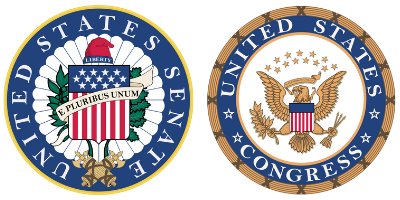
On the same day, in a 12-9 vote, the Senate H.E.L.P. Committee reported favorably on the nomination of Karla Gilbride for EEOC General Counsel. Senator Susan Collins (R-ME) was the sole Republican vote to approve.
In separate stories last month, we reported that President Biden renominated both Gilbride and Looman to the Senate in the 118th Congress after their previous nominations died when the 117th Congress adjourned on December 22, 2022.
Thursday, February 16, 2023: U.S. Labor Secretary Walsh Finally Announced His Resignation Date
Undersecretary Su in the Wings to Potentially Permanently Replace Walsh
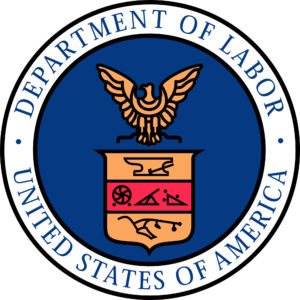
The NHLPA reported that it unanimously appointed Walsh as NHLPA Executive Director “following its [ten] player-led Search Committee’s recommendation of Walsh for the position after a nine-month effort.”
On Friday, President Biden issued a statement acknowledging Walsh’s resignation. All three announcements touted Walsh’s long-standing unabashed union advocacy while serving as the United States Secretary of Labor. This has left a question and cloud hanging over USDOL as to whether its modern mission is to uncritically support unions and employees in conflict with employer interests, or whether USDOL’s mission is to even-handedly enforce the laws the Congress has entrusted to USDOL to prosecute.
Thursday, February 16, 2023: President Biden Issued Executive Order on “Further Advancing Racial Equity and Support for Underserved Communities”
Use of Artificial Intelligence Tools in White House “Gunsights”

In a corresponding “Fact Sheet” on the new E.O., the White House stated:
“Building on the initial Equity Action Plans developed under Executive Order 13985, this Executive Order [in Section 3] directs agencies to produce an annual public Equity Action Plan that will assess and include actions to address the barriers underserved communities may face in accessing and benefitting from the agency’s policies, programs, and activities.”
New Agency Equity Teams & White House Steering Committee on Equity
Section 2 of the new E.O. directs multiple agencies, including the Department of Labor, to establish Agency Equity Teams and designate senior leaders accountable for implementing the President’s equity mandate. (Note: The E.O. does not mention the Equal Employment Opportunity Commission.) In addition, Section 2 established a White House Steering Committee on Equity, which the Assistant to the President for Domestic Policy will Chair.
Increased Focus on AI
The new E.O. also increases the pressure on employers to address artificial intelligence (AI). The “Fact Sheet” points out that Section 8 of the E.O. “instructs agencies to focus their civil rights authorities and offices on emerging threats, such as algorithmic discrimination in automated technology; improve accessibility for people with disabilities; improve language access services; and consider opportunities to bolster the capacity of their civil rights offices.” It further directs agencies to “ensure that their own use of artificial intelligence and automated systems also advances equity.”
Equitable Data Practices
The Interagency Working Group on Equitable Data created by the earlier E.O. 13985 has been institutionalized at the National Science and Technology Council. Section 9 of the new E.O. directs the Working Group to “facilitate better collection, analysis, and use of demographic data to advance equity, and to regularly report on progress to the White House and the American public,” the “Fact Sheet” noted.
Friday, February 17, 2023: Illinois Supreme Court Ruled Claims Under State’s Biometric Information Privacy Act Accrue with Each Scan or Transmission
Ruling Could Result in Massive Damage Awards Against Employers
Court Recently Also Clarified Employees Have 5 Years to Bring Claims
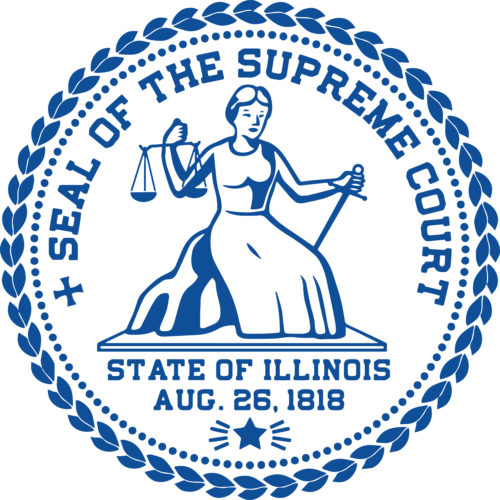
Employer Claimed Damages Could Exceed $17 Billion For This Case Alone
The IBIPA requires private entities to obtain permission before collecting fingerprints, retinal scans, and other biometric information. Under the statute, a prevailing party may recover against a private entity for each violation:
- liquidated damages of $1,000 or actual damages, whichever is greater, for negligent violations;
- liquidated damages of $5,000 or actual damages, whichever is greater, for intentional or reckless violations;
- reasonable attorneys’ fees and costs, including expert witness fees and other litigation expenses; and
- other relief, including an injunction, as the court may deem appropriate.
The plaintiff in the case before the Illinois Supreme Court raising the “each violation” issue, first brought her claims to the United States District Court for the Northern District of Illinois seeking class-action status on behalf of as many as 9,500 current and former White Castle employees. She claimed that the employer violated the IBIPA when it implemented a system that required its employees to scan their fingerprints to access their pay stubs and computers. A third-party vendor then verified each scan and authorized the employee’s access using fingerprint-based sign-ins to computers or timekeeping machines. Both the majority and the dissent noted White Castle estimated that, if successful, damages for the plaintiff’s class-wide relief claims could exceed $17 billion.
Federal Appellate Court Sent Inquiry to State Supreme Court
Based on its assessment that a new IBIPA claim accrued each time she scanned her fingerprints and White Castle sent her biometric data to its third-party authenticator, the federal district court rejected the employer’s claims that the plaintiff’s lawsuit was untimely. Nevertheless, the federal court later certified its order for immediate interlocutory appeal to the Seventh Circuit Court of Appeals because it involved a controlling question of law on which there is substantial ground for disagreement. In turn, the Seventh Circuit found that “the novelty and uncertainty of the claim-accrual question” warranted certification of the question to the Illinois Supreme Court.
The statute provides that “[n]o private entity may collect, capture, purchase, receive through trade, or otherwise obtain a person’s or a customer’s biometric identifier or biometric information unless it first” obtains informed consent from the individual or the individual’s legally authorized representative. In a 14-and-½ page opinion, the Illinois Supreme Court majority agreed with the plaintiff that the plain language of the statute supported her interpretation. Citing Webster’s Third New International Dictionary (1993), the majority wrote that “collect” means “to receive, gather, or exact from a number of persons or other sources” and “capture” means “to take, seize, or catch.” “We disagree with the defendant that these are things that can happen only once,” Justice Elizabeth M. Rochford wrote for the majority.
Dissent Pointed Out Unreasonable Burden on Employers
It is unquestionable, that “a private entity may obtain any one type of a person’s biometric information only once, at least until that biometric identifier or information is destroyed,” Justice David K. Overstreet wrote for the dissent. “With subsequent authentication scans, the private entity is not obtaining anything it does not already have,” Justice Overstreet added in his 9-page dissent. Likewise, such information can be disclosed to a third party only once, the Justice pointed out, because “the person loses control of her biometric identifier or information only once.”
Moreover, “[t]he majority’s interpretation renders compliance with the Act especially burdensome for employers,” Justice Overstreet stated. This construction of IBIPA “could easily lead to annihilative liability for businesses,” he emphasized.
“Imposing punitive, crippling liability on businesses could not have been a goal of the Act, nor did the legislature intend to impose damages wildly exceeding any remotely reasonable estimate of harm,” Justice Overstreet reasoned.
Five-Year Statute of Limitations
Employers should also note that the Illinois Supreme Court recently clarified that a five-year statute of limitations applies to IBIPA claims. Earlier this month, the court ruled, 5-0, that because the IBIPA does not specify a statute of limitations for lawsuits, a five-year “catchall” period in the state code of civil procedure applied. Two of the state’s supreme court justices did not take part in that decision in Tims v. Black Horse Carriers, Inc. (Dkt. No. 127801).
In Brief
Monday, February 13, 2023: U.S. DOL’s Office of Disability Policy Posted Blog Illustrating Employment of People with Disabilities in Skilled Trades
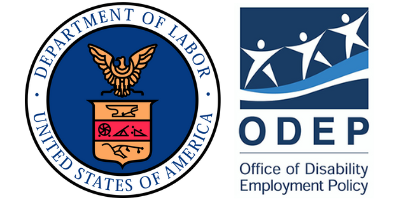
The authors explained that skilled trade jobs require specialized training and a combination of rigorous physical and mental labor. Of disabled people working in the five skilled trade professions, the largest proportion – 37 percent – are working in transportation and material moving positions. The next most common trade category is production at 27 percent. The two next most common trade categories are construction at 19 percent and repair/installation/maintenance at 14 percent. The least common trade category is farming, fishing, forestry, and extraction at 3 percent. All five categories of trades have a higher proportion of workers with disabilities than non-trades occupations as a single category, the authors reported. Women tend to make up approximately one-fifth of disabled workers aged 16 through 54 who are employed in trades, the blog noted.
Thursday, February 16, 2023: U.S. FTC Held Public Forum on Its Proposal to Ban Employers from Implementing Most Employee/Independent Contractor Non-Compete Contracts
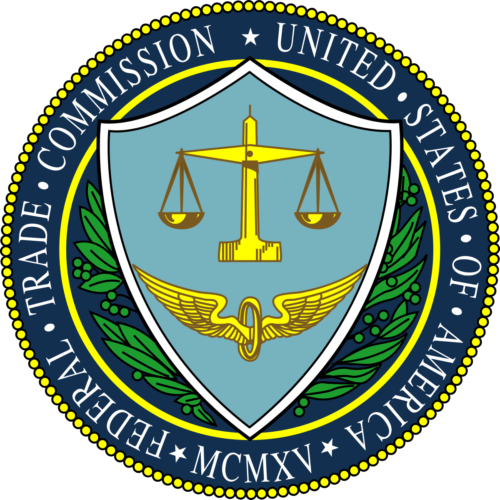
The FTC posted a transcript and video of the hearing on the event page of its website. Several employer advocates condemned the proposed near-blanket ban as overly broad, especially as applied to executives, senior-level employees with valuable accrued knowledge, higher-level employees, and highly compensated employees. However, other workers’ rights and employment mobility advocates supported the proposed Rule.
Also of note, Christine Wilson, the only Republican serving on the FTC, announced on Tuesday that she will soon resign, citing FTC Chair Lina Khan’s “disregard for the rule of law and due process.” Among other concerns, Wilson noted the pending proposal to ban noncompete agreements.
Looking Ahead:
Upcoming Date Reminders
December 2022: OFCCP’s (now overdue) target date for its Final Rule on Rescinding Trump-era Religious Exemption (RIN: 1250-AA09)
December 2022: U.S. DOL WHD’s (now overdue) target date to publish a Notice of Proposed Rulemaking to Analyze Public Comments on its proposed rule regarding Nondisplacement of Qualified Workers Under Service Contracts (RIN: 1235-AA42)
December 2022: U.S. OSHA’s (now overdue) target date to publish its Final Rule on Occupational Exposure to COVID-19 in Healthcare Settings (RIN: 1218-AD36) (OSHA submitted this Final Rule to OMB on December 7, 2022)
December 2022: U.S. DOL’s OASAM’s (now overdue) target date to publish Proposed Rule on “Revision of the Regulations Implementing Section 188 of the Workforce Innovation and Opportunity Act (WIOA) to Clarify Nondiscrimination and Equal Opportunity Requirements and Obligations Related to Sex” (RIN: 1291-AA44)
February 2023: U.S. DOL WHD’s target date for its Final Rule on Updating the Davis-Bacon and Related Acts Regulations (RIN: 1235-AA40)
Tuesday, February 21, 2023: Comments due on WHD’s proposed information collection regarding the Inflation Reduction Act Wage Rates and Wage Determinations – Email: WHDPRAComments@dol.gov (identify OMB Control Number 1235-0034)
March 2023: OFCCP’s target date for its Notice of Proposed Rulemaking to Require Reporting of Subcontractors (RIN: 1250-AA15)
March 2023: OFCCP’s target date for its Final Rule on Pre-Enforcement Notice & Conciliation Procedures (RIN: 1250-AA14)
March 2023: OFCCP’s target date for its Final Rule on “Technical Amendments” to Update Jurisdictional Thresholds & Remove Gender Assumptive Pronouns (RIN: 1250-AA16)
Wednesday, March 1, 2023: Deadline to submit reply comments in response to initial comments on NLRB’s proposed changes to NLRA regulations (previous
February 16 deadline extended) – https://www.regulations.gov/commenton/NLRB-2022-0002-0001
Friday, March 3, 2023: Deadline for contractors to inform OFCCP that they are incorrectly included on the agency’s updated “Non-Objector Contractor List” as to a reporter’s Freedom of Information Act (FOIA) request for EEO-1 consolidated Component 1 Survey data (previous February 17 deadline extended) – https://www.dol.gov/agencies/ofccp/submitter-notice-response-portal
Tuesday, March 14, 2023: Deadline to submit comments on nine federal agencies’ joint proposed rule on Partnerships with Faith-Based and Neighborhood Organizations – https://www.regulations.gov/commenton/VA-2023-VACO-0006-0001
Monday, March 20, 2023: Comments due on OFCCP’s proposed modifications to its complaint intake process – https://www.regulations.gov/commenton/OFCCP-2022-0005-0001
Monday, March 20, 2023: Deadline to submit comments on FTC proposal to ban employers from implementing most worker non-compete agreements – https://www.regulations.gov/commenton/FTC-2023-0007-0001
April 2023: OFCCP’s target date for its Notice of Proposed Rulemaking to “Modernize” Supply & Service Contractor Regulations (RIN: 1250-AA13)
Wednesday, April 12, 2023: Comments due on the Office of Management & Budget’s “Initial Proposals for Updating Race and Ethnicity Statistical Standards” – https://www.regulations.gov/commenton/OMB-2023-0001-0001
Wednesday, April 12 – Friday, April 14, 2023: DEAMcon23 Chicago (Registrations open now; Agenda now available here!)
Sunday, April 30, 2023: Deadline to apply for 2023 HIRE Vets Medallion Award Program – https://www.hirevets.gov/
May 2023: U.S. DOL WHD’s target date for its Notice of Proposed Rulemaking on Defining and Delimiting the Exemptions for Executive, Administrative, Professional, Outside Sales and Computer Employees (RIN: 1235-AA39)
May 2023: U.S. DOL WHD’s target date for its Final Rule on Employee or Independent Contractor Classification Under the Fair Labor Standards Act (RIN: 1235-AA43)
August 2023: U.S. NLRB’s target date for its Final Rule on Standard for Determining Joint-Employer Status (under the NLRA) (RIN: 3142-AA21)
August 2023: U.S. NLRB’s target date for its Final Election Protection Rule (RIN: 3142-AA22)
SUBSCRIBE.
Compliance Alerts
Compliance Tips
Week In Review (WIR)
Subscribe to receive alerts, news and updates on all things related to OFCCP compliance as it applies to federal contractors.

